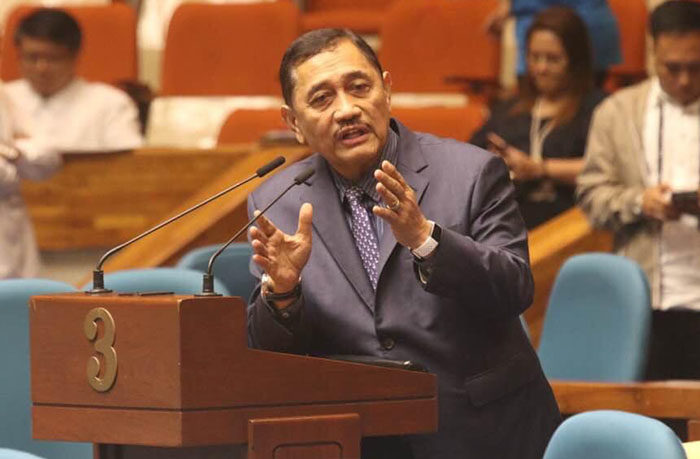
Mr Bienvenido Abante; Filipino Politician. Courtesy Photo.
By Aaron Sseruyigo & News Agencies
Bienvenido Mirando Abante Jr, the incumbent representative of the 6th District of Manila in Philippines, has introduced a new bill aimed at making Bible study a requirement for students in elementary and secondary public schools in his country.
“If only the Bible is read, proclaimed, obeyed and practiced, the Philippines, our beloved and only country, would be a much better place to live in, and our government would be a government of honesty, righteousness and order,” he said, according to GMA Network.
Abante, who is also a pastor, believes that making Bible reading mandatory for students will improve the quality of life in the Philippines.
Abante Introduces House Bill 2069
Called the “Mandatory Bible Reading Act of 2019,” Abante’s bill says, “the State recognizes the vital role of the youth in nation-building and shall promote and protect their physical, moral, spiritual, and social well-being.”
The responsibility of the nation’s educational institutions, says the bill, is to “teach the rights and duties of citizenship, strengthen ethical and spiritual values, develop moral character and personal discipline, and encourage critical and creative thinking.”
The bill states that students in elementary and high school are at prime ages for being strengthened in the areas listed above and is based on the “conviction that the Bible is a book of righteous instructions, principles and standards, discipline, and a book of moral and spiritual values.”
Through the bill, Abante proposes that the subjects of English and Filipino should require students to read, discuss, and be tested on the Bible. Notably, the bill provides for students of another faith—Muslim students will study the Quran instead of the Bible.
If Abante’s bill passes the House and the Senate, President Rodrigo Duterte will decide whether to sign or veto it. If he vetoes it, the House of Representatives can overturn the veto with a 2/3 majority vote. If the president chooses not to act, the bill will automatically become law after 30 days.
Churchleaders.com contributed to this report.

